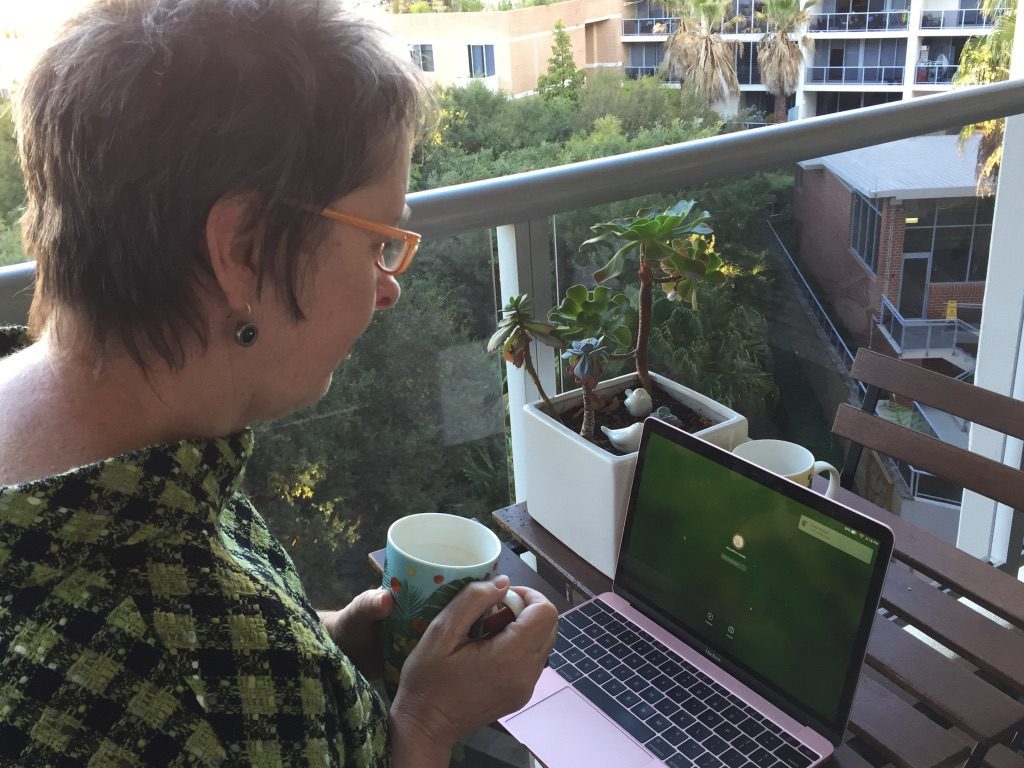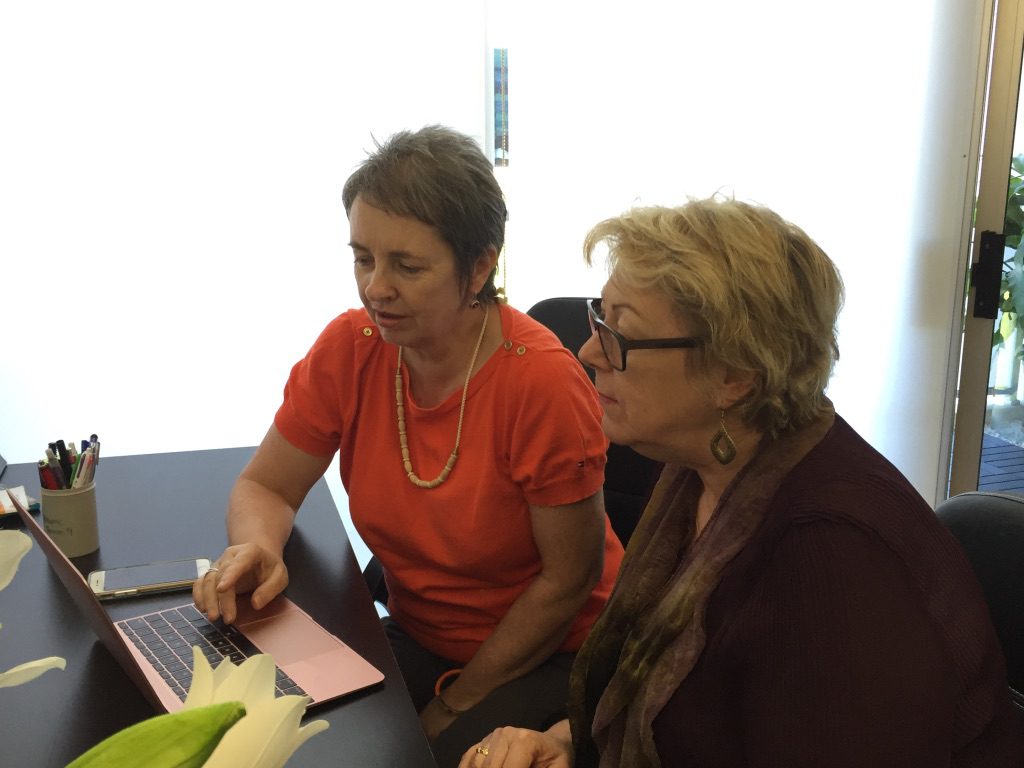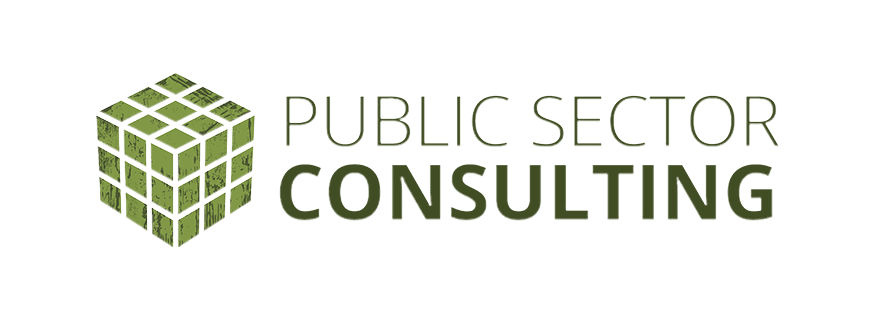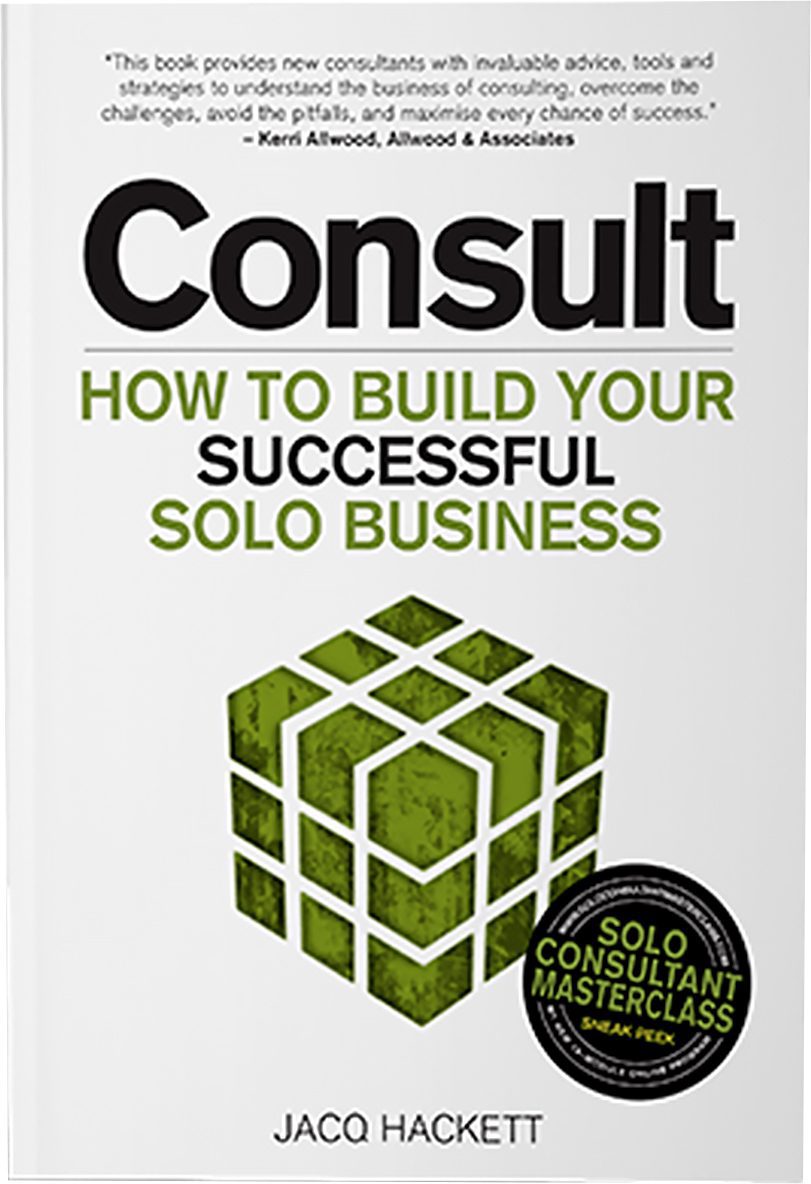As a consultant, your working life now revolves around projects so you need to become an expert project manager if you’re going to make a success of it.
Five strategies to hone your project management skills
As a consultant, your working life now revolves around projects and one of your key roles is project manager. You need to become very good at this because poor project management skills will mean your consulting career is very short lived. Excellent organisation and communication skills are at the core of great project management. Here are five strategies to keep you on track.
- Include a basic project plan in your consultancy proposal
When preparing your consultancy proposal make sure you take the time to map out the key components of a basic project plan, so everyone is on the same page from the start. Here’s what to cover.
Major tasks and timeframes
The potential client doesn’t want to get bogged down in detail when reading your proposal. But they do want to see the major tasks and processes you intend to undertake and the timeframes involved. I use a simple table so the essential information can be viewed and understood quickly and easily.
Specify what’s in and out of scope
In your proposal clarify what is and isn’t included in the project. If your proposal is vague, or non-specific, what’s in and out can be open to interpretation, and this is something you definitely want to avoid.
Be specific about what the deliverables are
A lot of your project plan will describe what you are going to do. But it must also specify what you’re going to deliver. And it’s likely there are many deliverables throughout the project. For example, a final project plan, a stakeholder consultation strategy, a findings paper, a report. Specify each of the key deliverables you anticipate will be required.
Outline clear timelines for processes and deliverables
Seems so obvious, but it’s not always taken care of well. The key is to be specific and realistic – because a common mistake I see new consultants make is providing unrealistic timeframes in their consultancy proposals. Think each major task through carefully and map out realistic timelines, which will help not only with estimating your time for quoting purposes, it will also signal realistic deadlines for deliverables. My top tip for this is don’t just guess – do some due diligence and map it out.
Flag potential areas of scope creep
Every project has the potential for scope creep, and your proposal should flag any areas where you think there is a risk of this. Don’t ignore any niggling concerns you have – document them in a way that alerts the client to the potential for scope creep. This way you prepare the ground for any discussion or renegotiation later if needed.
Include major client responsibilities
New consultants often lack the confidence to spell out the client responsibilities in delivering the project. But this is so important – while you are definitely responsible for overall delivery of the project, you are working in partnership with the client, and in every project, there will be responsibilities and deliverables at the client’s end that the project is reliant on. Their actions contribute to the success of the project too, so make sure there is discussion about this that translates into tangible actions in your project plan.
- Finalise a Project Plan
Once you win the project, one of your first tasks is to reach an agreement with the client about a final project plan. Your proposal provides the basics, but now there is the opportunity for an initial briefing meeting with the client to flesh out the details. During the proposal phase, you are working with a limited level of information and clients are often circumspect with potential consultants before they are formally hired. Now they will be prepared to tell you more of the back story and potentially some details that you weren’t privy to before. Some of this detail may indicate the need to change aspects of the project plan, so use this first briefing meeting wisely, gather the information you need, and then provide an amended project plan to the client for sign off. The signed off project plan becomes the blueprint for both you and the client throughout the project. A note of caution – when finalising the project plan, your aim is not to increase the costs or extend the deadlines. So, by all means, be flexible regarding process and tasks, but mostly this should be about alternatives that can still be achieved within your proposed budget. If changes are going to result in increased costs or extended timeframes, make sure you alert the client to this at the briefing meeting so amendments can be agreed to.
- Pay attention to scope creep & budget
A few weeks ago a project I was working on needed to change tack. A key external stakeholder we had planned to conduct a 1:1 telephone interview with requested I spend half a day at her organisation interviewing her senior staff. I felt this was an excellent move, but as it wasn’t my call to make, I ran it past the client. The client agreed it would be politically astute to agree to this, so all good. But during our conversation, I made sure I raised the issue of timeframe and cost. Firstly, setting up a meeting with five senior staff was going to take some time [finding time in all those diaries] so this would delay overall project timeframes. Secondly, it was going to involve more of my time and therefore increased the cost to the client. The client was OK with this, but it was important that I had the conversation. And I also followed up the call with an email detailing the amendments to cost and timeframes.
So once you’re underway, if at any point you can see the project isn’t sticking to the scope of work, let the client know, in writing, as soon as possible, especially if this is going to cost them more. Don’t just get on with the work and submit a bigger invoice at the end.
- Monitor all the project deadlines
Now that you’re a consultant your relationship with a deadline needs to be very solid. Delivering on time is one of the things that very clearly distinguishes a good consultant from a mediocre one. You want to develop a reputation for delivering on time because if everything else is equal when you’re competing for work, and the other consultants are known for delivering on time, and you aren’t, you can be pretty certain what the outcome of that process is going to be.
Your project plan should include multiple milestones, aligned with the major events or deliverables. Building in many smaller deadlines is key to keeping the momentum going and reaching the final deadline on time.
Some of the deadlines will be dependent on the client completing or delivering things, and this can be tricky to manage. My strategy is always to do what I can from my end to facilitate these deadlines being met, for example reminding the client well in advance of what’s due, or setting up a progress call to keep things moving. Of course, this doesn’t always work, and inevitably some deadlines are missed because of delays on the part of the client. If this happens, go with the flow, but make the client aware of how this will affect the rest of the project delivery dates – and always back up any conversations with an email.
- Remember Why You’re There
I once worked with a consulting colleague who continually got distracted into areas outside our project scope. Not only was it frustrating but it also meant I had to work hard at bringing things back on track. It’s important to remember that you’ve been contracted for a particular project and the scope and parameters are clearly detailed in your project plan. As the project manager you need to stay within that scope – don’t get pulled down unnecessary rabbit holes, don’t get distracted with non-priority tasks or office politics. You need to stay focused on the project in hand and deliver what you’ve been contracted to do
As a consultant you are now the chief project manager in your business – the buck stops with you. You need to hone your project management skills to perfection if you want to grow your reputation and your client base.
Jacq Hackett provides expert consulting services to public health agencies. And as a veteran of over two decades of consulting, she now provides coaching and development for other consultants. She is passionate about supporting the next generation of public sector consultants to become very good at what they do.
Have you recently made the move to consulting or are ready to make the move, but are struggling to figure out your consulting service offering and how to get things off the ground?
Public Sector Consulting Launchpad will prepare you to launch [or re-launch] your public sector consulting business by guiding you step by step through
- Defining your service offering
- Developing your capability statement
- Developing an initial marketing strategy
Access the program here

Consulting Proposals Online Workshop
Learn How To Write Compelling Consulting Proposals That Win More Public Sector Projects.



Fundamentals
Five video training sessions focusing on some of the essential building blocks of developing a successful public sector consultancy business.


Launchpad
Launchpad will prepare you to launch [or re-launch] your public sector consulting business by guiding you step by step through
- Defining your service offering
- Developing your capability statement
- Developing an initial marketing strategy


Masterclass Series
The Masterclass series distils over two decades of consulting experience into the most comprehensive online training program available, tailored specifically for public sector consultants.


Accelerator
The Accelerator is an 8-week group mentoring program designed to teach you everything you need to know to start or grow a profitable, sustainable public sector consulting business. In the Accelerator, we focus on skill development, business development, and mindset development.


Mentoring and Resources for Public Sector Consultants
Looking for 1:1 support? My individual mentoring sessions will provide you with specific, targeted support on any issue or challenge at any time.
Looking for resources? I have a number of free cheat sheets you can download.
Consult – Book Available Now
Jacq’s book Consult invites you into the often closed shop of the consulting world. You’ll learn what you need to know to get you started on the right track, as well as practical tips and simple steps for developing your consulting expertise over time.




